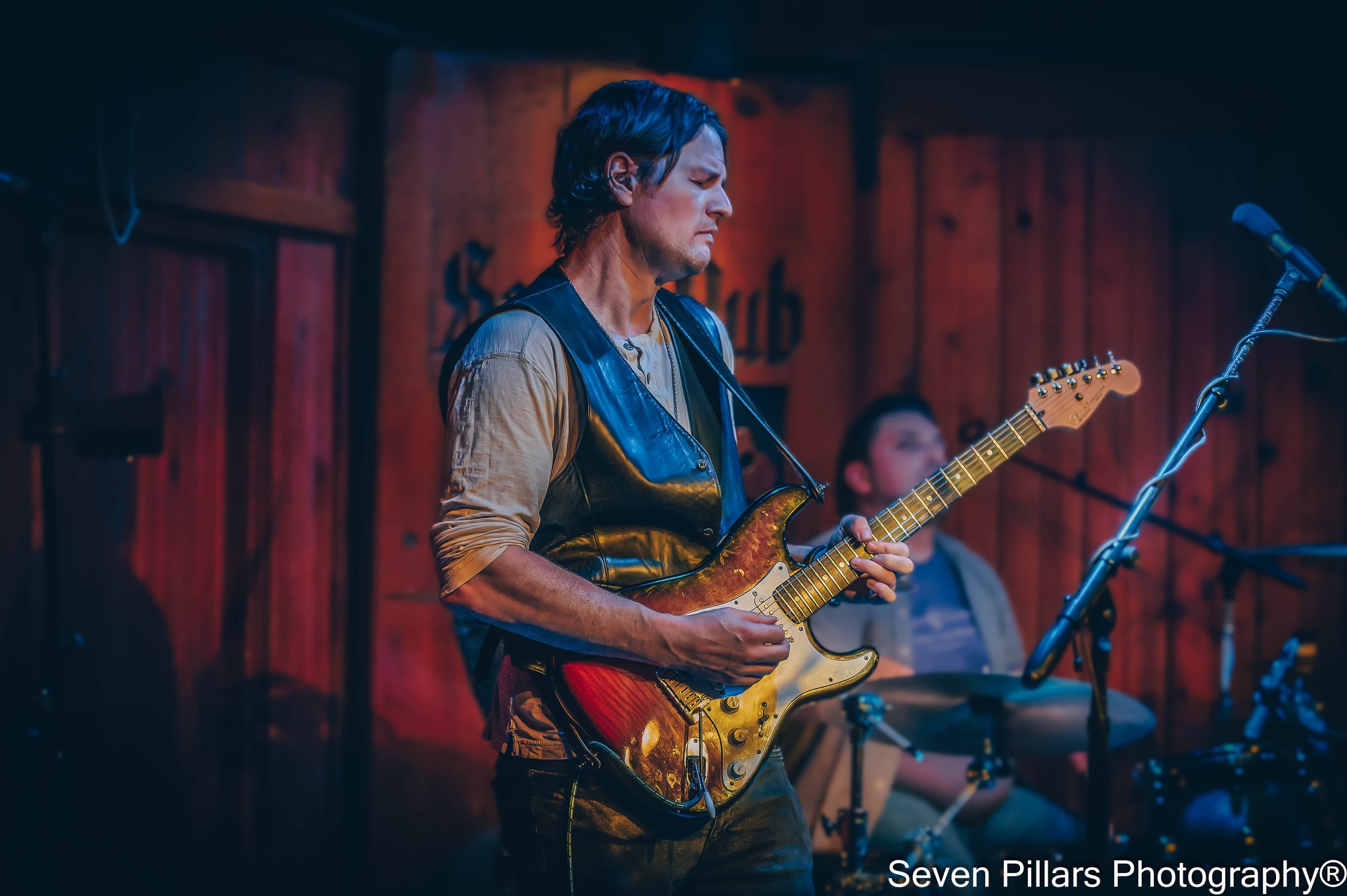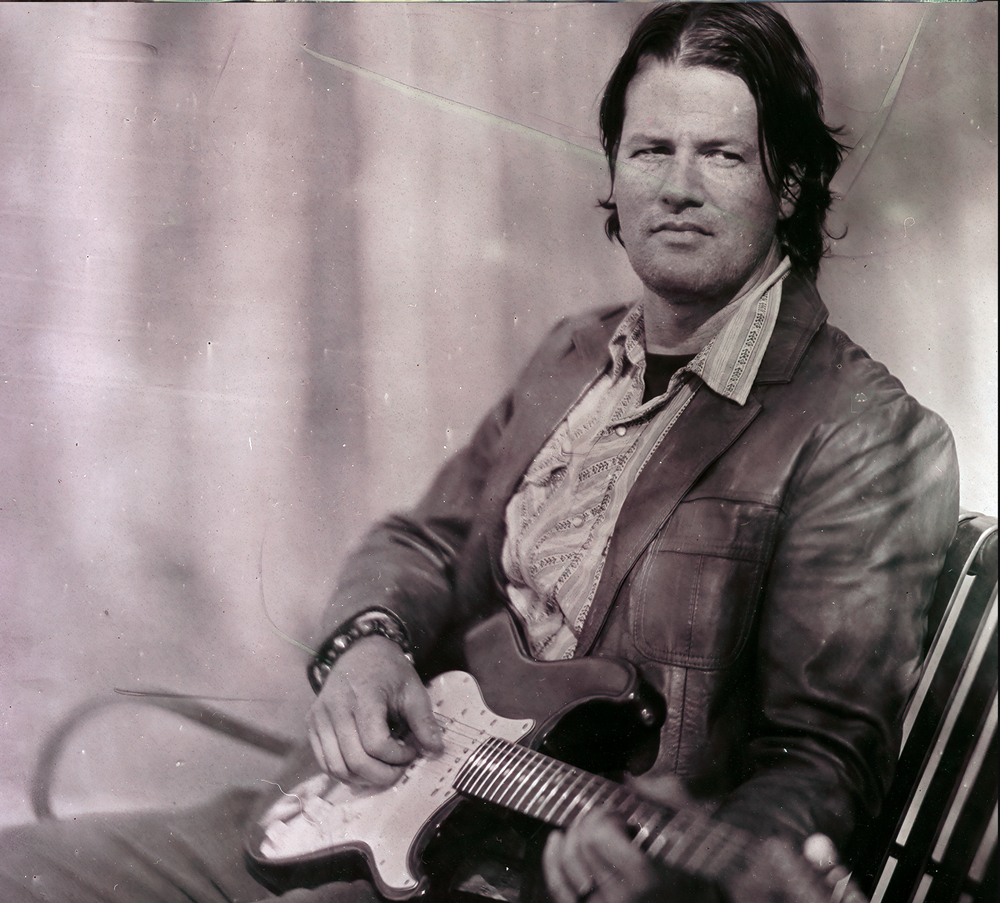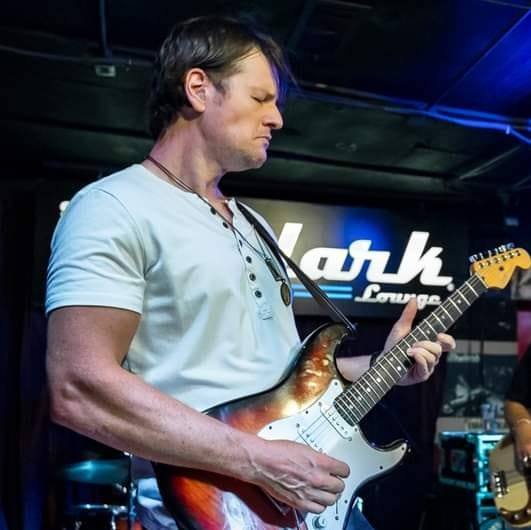We caught up with the brilliant and insightful Gary Cain a few weeks ago and have shared our conversation below.
Hi Gary, thanks for joining us today. How did you learn to do what you do? Knowing what you know now, what could you have done to speed up your learning process? What skills do you think were most essential? What obstacles stood in the way of learning more?
The process of learning to play music is a lot like the process of learning to talk, which is why the analogy of music being a language is so apt. So the things one needs to work on change as you develop. Babies learn to speak by simply experimenting with sounds they can make, which manifests as gibberish. They are learning the basic mechanics of their voice. Fairly soon they try to imitate the adults around them. Similarly, when I was first learning the guitar I spent a lot of time listening to other players and trying to lift their licks. I think the thing that has really helped me in the last decade or so of my development is a focus on rhythm and timing. That tends to be the biggest deficiency among guitar players in particular. Also I did some research into neurology and how the brain learns and how fine motor skills are acquired to tailor my practice to what works best.
And I think no matter what stage you are at, you can never lose the sense of play and experimentation. When you notice something cool or interesting on the intrument, you need to give yourself license to play with it, without having a destination in mind – sometimes that’s how you discover the most interesting things. There is so much to learn in music, I think it’s less important to pick a direction than it is to just make sure you are moving.

Gary, before we move on to more of these sorts of questions, can you take some time to bring our readers up to speed on you and what you do?
I’m a guitarist, singer and songwriter, most broadly in the blues genre, but also with a foot firmly in other genres like rock, funk, twang and fusion. It can be a bit of a detriment commercially because gate-keepers in the industry are often looking for a single genre and aesthetic to fit their narrow niche. But I got into music because I love the artistic freedom and expression of it, so clipping my own wings to fit into someone else’s box has never seemed an option to me, despite how many times I’ve been told I should.
I think I wear my influences on my sleeve, but also have as style that is increasingly my own and that’s what I’m really trying to do – get closer to my own voice musically and I hope that that commitment comes through in my music and while I may end up with a smaller following because of my approach, I hope I will connect that much more with people who get it.

What can society do to ensure an environment that’s helpful to artists and creatives?
I think there needs to be a recognition of the value of art, and all parts of the ecosystem supporting it need to be helped. We tend to just reward the end product successes, and neglect the grassroots – huge dollars pour in for big successful acts, but the place where they got their start is likely barely getting by. In music, small independent venues need to be given tax breaks and/or funding support. Streaming revenue needs to be more equitably distributed, and we need to foster a society that values live music, made by actual humans, for other humans.
One of the biggest challenges is that people are just more and more isolated by virtualization, and I’m not sure how you combat that.

What do you find most rewarding about being a creative?
The best part of being a musician is playing live when the audienec is really engaged, and you are clicking with your bandmates. There’s nothing better.
Contact Info:
- Website: https://www.garycainband.com
- Instagram: https://www.instagram.com/garycain
- Facebook: https://www.facebook.com/garycainmusic
- Youtube: https://www.youtube.com/channel/UCC_IBKf1ebH1iaaroGmQzZQ
- Other: Spotify: https://open.spotify.com/artist/0C2QkPjG3J4rme6kD2nmG9

Image Credits
Candice Cain, Matthew MacGruder, Seven Pillars Photography, Kim Yarbrough


